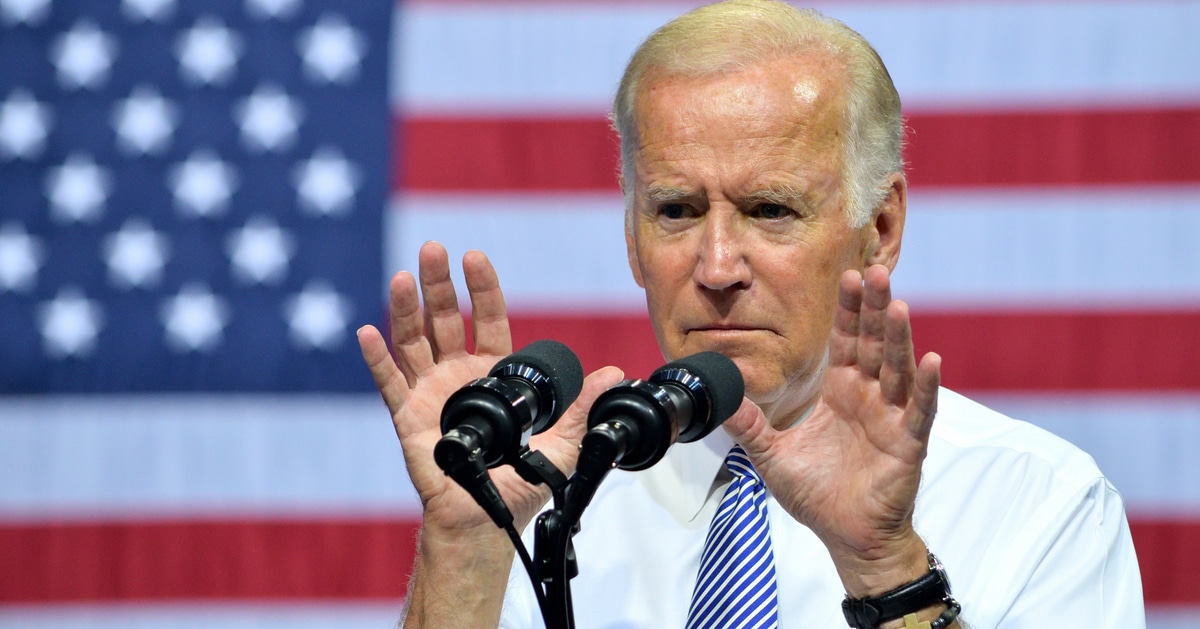




The Republican National Committee (RNC) is experiencing an unusual surge in voter engagement as a result of focused efforts targeting individuals likely to support Donald Trump but historically absent from recent elections.
Breitbart reported that the RNC has implemented a comprehensive strategy to boost turnout among "low propensity voters" by utilizing various outreach methods, resulting in elevated participation rates in key states.
For months, the RNC has been concentrating on "low propensity voters." These individuals generally show strong support for Donald Trump but haven't cast ballots for the last two, four, or even six years.
RNC Chairman Michael Whatley highlighted this focus, emphasizing the urgency and importance of bringing these potential voters to the polls.
To increase participation, the RNC has deployed several outreach tactics. They are engaging these targeted voters through door-to-door campaigns, phone calls, and a mix of digital and traditional communications such as direct mail, emails, and text messages. This multifaceted approach aims to reach potential supporters wherever they are most accessible and responsive.
Initial reports from several important battleground states, including Georgia, North Carolina, Arizona, and Pennsylvania, indicate encouraging responses.
These areas have shown a significant uptick in participation among the once-infrequent voters, suggesting that the RNC’s strategies are successfully mobilizing these individuals.
Whatley explained that the crux of their strategy lies in activating these "low propensity voters," who he described as potentially strong Trump backers should they decide to vote.
He pointed out that these individuals are traditionally infrequent participants in elections, making them a particularly attractive target demographic for the RNC's efforts.
While engaging these voters is a common strategy used by political parties to strengthen their base, Whatley noted the dramatic increase in participation among these voters. "We see a higher percentage of them voting now than we've ever observed in past election cycles."
This targeted voter engagement strategy has been under development for the past six months, during which the RNC constructed its approach to reach these key voters effectively. Whatley emphasized the focus on activating new participants as crucial for the RNC's broader goals, highlighting the effort as a keystone of their campaign strategy.
The RNC's approach also equips them to counter similar strategies by their political opponents.
While Democrats are likely to employ comparable methods for their constituents, Whatley remains optimistic about his party's recent successes in mobilizing previously unengaged segments of Trump supporters.
The successful engagement in places like Georgia and Arizona serves as a testament to the efficacy of the RNC's methods.
The promising turnout figures among "low propensity voters" are shaping up to significantly impact the political landscape, potentially making a difference in tightly contested elections.
"In our first checks, we're seeing truly positive outcomes," Whatley remarked. The RNC remains committed to these methods, hinting at continued efforts and potential scaling of these strategies as elections draw closer.
Looking forward, the RNC plans to sustain and perhaps broaden its strategies to ensure that these voters remain engaged not just for a single election cycle but for future contests as well. The apparent success of efforts so far presents opportunities for the RNC to further galvanize the Republican voter base.
This comprehensive approach and the outcomes achieved so far may encourage other political organizations to develop similar strategies to mobilize disengaged voter groups. The RNC's focus on such voters exemplifies a crucial dimension in political campaigning: expanding participation beyond reliable voter bases.



